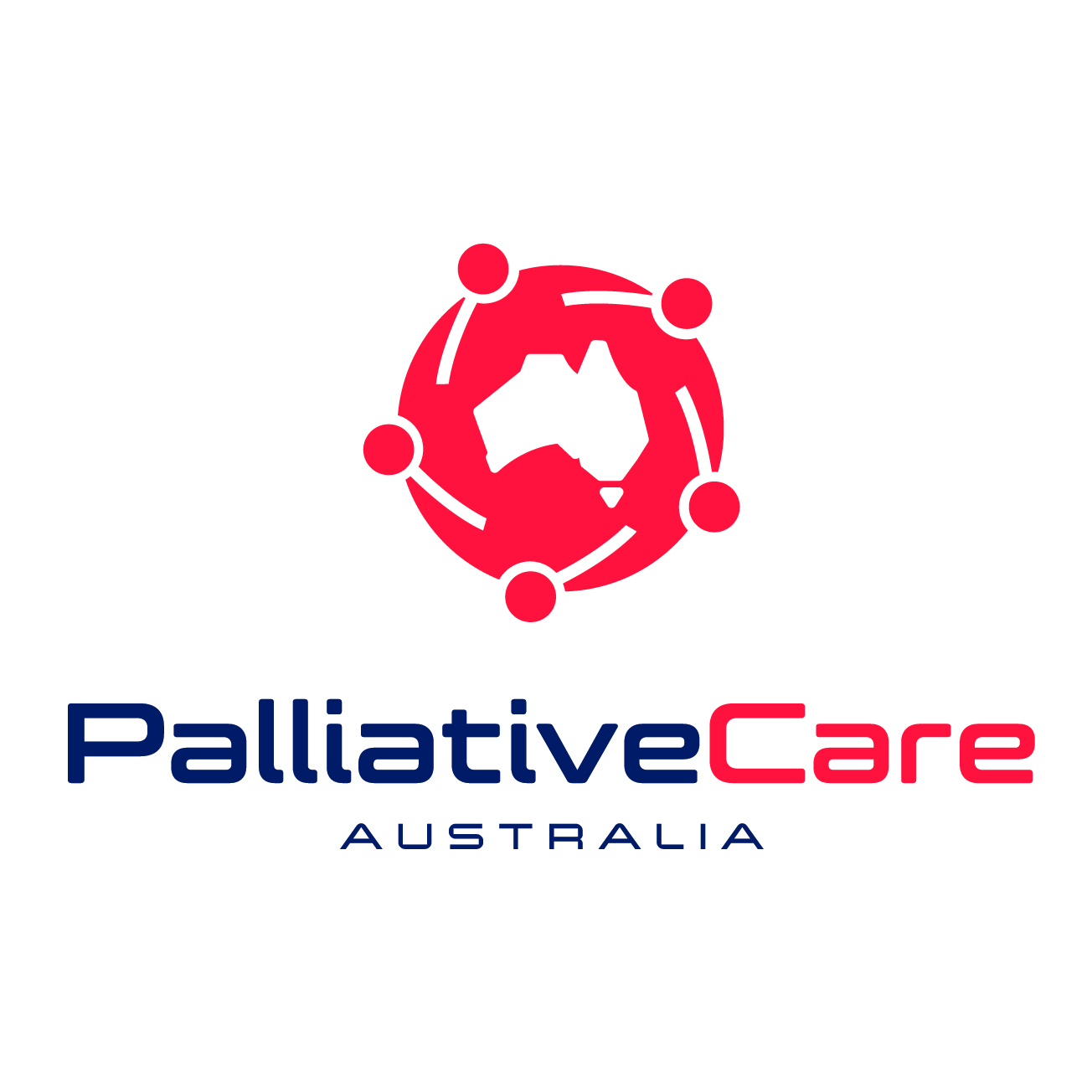Palliative Care Australia Updates Position Statement on Voluntary Assisted Dying and Palliative Care
Palliative Care Australia Updates Position Statement on Voluntary Assisted Dying and Palliative Care
Thursday, September 05, 2019
Palliative Care Australia (PCA) Board Chair Dr Jane Fischer says the organisation has updated its position statement on Palliative Care and Voluntary Assisted Dying for the first time since 2016, in light of the legislative change in Victoria and the current parliamentary action on the issue in other jurisdictions.
“This position statement is the culmination of a large body of work and consultation PCA has undertaken in the past 12 months to explore voluntary assisted dying and its impact on palliative care.
“We recognise that the topic of voluntary assisted dying raises difficult and complex ethical issues, and that there is a broad spectrum of opinion and a level of support for reform within the Australian community which reflects diverse cultures, belief systems and populations.
“A decision about whether or not to legalise voluntary assisted dying is one for parliaments. PCA neither advocates for, nor argues against, the legalisation of voluntary assisted dying.
“The updated position statement makes it clear that voluntary assisted dying is not part of palliative care practice, however the palliative care workforce needs to be supported as they may be asked for information or receive direct requests for voluntary assisted dying.
“All people working in palliative care should be treated respectfully and demonstrate professional behaviour towards colleagues and co-workers regardless of their views on voluntary assisted dying and the decision to exercise their right to conscientiously object or conscientiously participate in any aspect of voluntary assisted dying.
“PCA has developed Guiding Principles to assist health professionals, care workers and volunteers who are providing care to people living with a life-limiting illness, or working in or engaging with organisations providing any level of palliative care,” said Dr Fischer.
PCA CEO Rohan Greenland says that a person’s choice to explore voluntary assisted dying should never be a choice based on a lack of access to palliative care.
“There is significant unmet need for high quality palliative care in Australia and forecasts indicate significant increases in need in the years ahead. Every Australian living with a life-limiting illness should always have equitable access to quality needs-based palliative care at any point in their illness journey, with timely referral to specialist palliative care if required.
“Australia requires a substantial coordinated investment by all jurisdictions to plan and prepare for the future where Australians will live longer, demand an improved quality of life and require access to high quality palliative care when living with a life-limiting illness.
“Significant investment at national, state and territory levels will be required to ensure that the systems and people are available to provide quality palliative care where and when it is needed,” said Mr Greenland.
The issue of voluntary assisted dying and its impact on palliative care will be among those explored at next week’s inaugural Oceanic Palliative Care Conference in Perth from 10 – 13 September.
Palliative Care Australia Updates Position Statement on Voluntary Assisted Dying and Palliative Care
Palliative Care and Voluntary Assisted Dying Position Statement 2019
